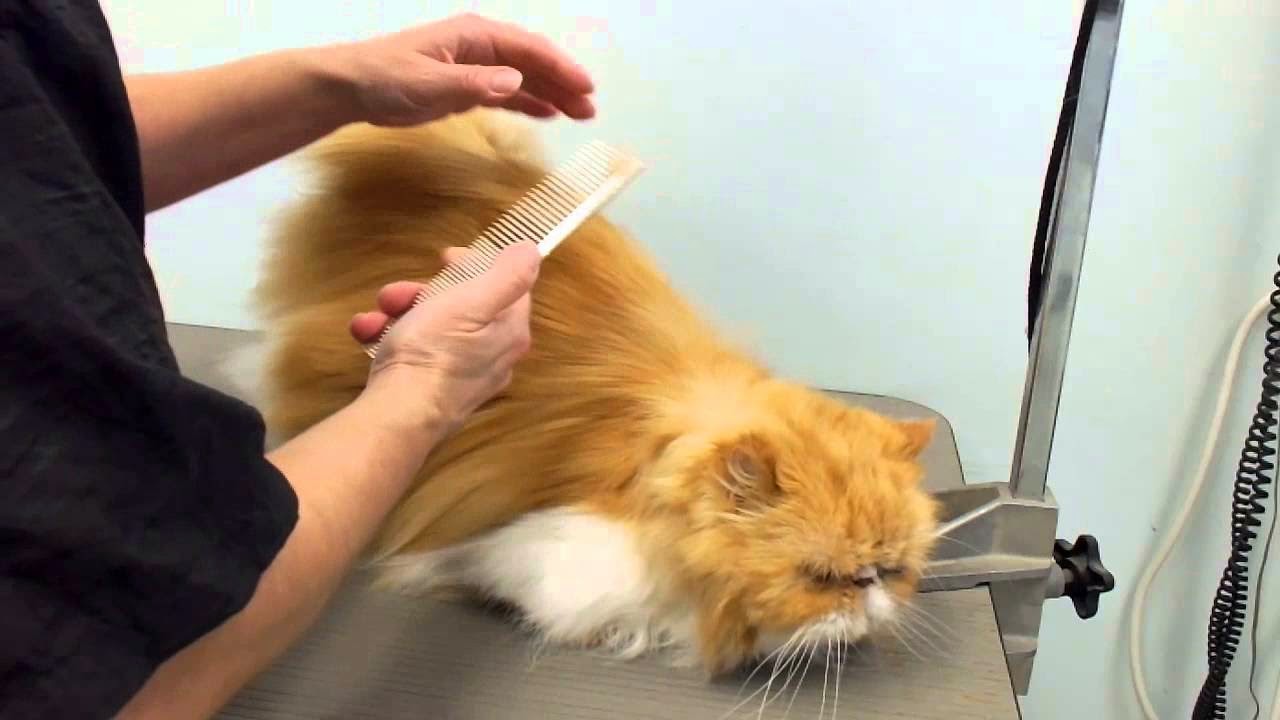As our feline companions age, they may experience various health issues like humans. One common concern many cat owners notice is hair loss in their senior cats. While some hair loss can be a normal part of aging, it can also indicate underlying health problems. In this blog post, we will delve into diagnosing and treating hair loss in old cats, providing valuable insights for pet owners and veterinarians.
Understanding the Causes of Hair Loss
Before effectively addressing hair loss in older cats, it’s essential to understand the potential causes. Hair loss, also known as alopecia, can result from various factors:
Natural Aging Process
Like humans, cats’ bodies change as they age. Hair loss can occur as a natural part of the aging process.
Skin Infections
Infections caused by fungi, bacteria, or parasites can lead to hair loss. Cats with compromised immune systems due to age are particularly susceptible.
Allergies
Allergic reactions to food, environmental factors, or substances in their surroundings can cause hair loss. Itchy skin can lead to excessive grooming and subsequent hair loss.
Hormonal Imbalances
Hormonal changes, such as thyroid dysfunction or hormonal imbalances, can result in hair loss.
Underlying Medical Conditions
Hair loss can be a symptom of underlying medical conditions like kidney disease, diabetes, or cancer. These conditions can become more prevalent in older cats.
Diagnosing Hair Loss
Determining the underlying cause of hair loss in your old cat is crucial for effective treatment. Your veterinarian will conduct a thorough examination and may perform various diagnostic tests, including:
Skin Scraping
This can help identify the presence of mites or fungal infections.
Blood Tests
Blood work can reveal hormonal imbalances, organ dysfunction, or other systemic issues.
Allergy Testing
Allergies can be identified through skin or blood tests, helping pinpoint the allergen responsible for the hair loss.
Biopsy
In some cases, a skin biopsy may be necessary to diagnose conditions like skin cancer.
Treatment Options
The appropriate treatment for your cat’s hair loss will depend on the underlying cause. Here are some common treatment approaches:
Medication
Depending on the diagnosis, your veterinarian may prescribe medication to treat infections, allergies, or hormonal imbalances.
Dietary Changes
Switching to a hypoallergenic diet may be recommended if allergies are suspected.
Parasite Control
Proper deworming and flea control measures will be necessary if parasites are responsible.
Topical Treatments: In localized skin issues, topical treatments like medicated shampoos or creams may help.
Managing Underlying Conditions
For systemic conditions like diabetes or kidney disease, addressing the underlying disease is essential. This may involve medication, diet modification, or other therapies.
Preventing Further Hair Loss
As your cat ages, it’s essential to provide proper care to maintain their overall health and reduce the risk of further hair loss:
Regular Veterinary Checkups
Schedule routine checkups to monitor your cat’s health and catch any issues early.
Balanced Diet
Feed your cat a well-balanced, age-appropriate diet to support their overall health.
Maintain a Stress-Free Environment
Minimize stressors in your cat’s environment, as stress can exacerbate hair loss.
Conclusion
Hair loss in old cats can be concerning, but with the guidance of a knowledgeable veterinarian, you can determine the cause and develop an appropriate treatment plan. Remember that early diagnosis and intervention are crucial to addressing the issue effectively. By providing your senior cat with the care and attention they need, you can help ensure their golden years are as comfortable and healthy as possible.
FAQ’s
Why is my old cat losing its fur?
Hair loss in older cats can result from various factors, including natural aging, skin infections, allergies, hormonal imbalances, and underlying medical conditions. Determining the specific cause requires a veterinary examination.
Should I be concerned if my senior cat is experiencing hair loss?
While some hair loss can be a normal part of aging, it’s essential to consult your veterinarian if you notice excessive or unusual hair loss in your senior cat. It could be a sign of an underlying health issue.
How will my veterinarian diagnose the cause of my cat’s hair loss?
Your veterinarian will perform a thorough examination, including skin scrapings, blood tests, allergy testing, and, in some cases, a skin biopsy. These diagnostic tests help identify the underlying cause.
Can hair loss in senior cats be treated?
Yes, the treatment approach depends on the underlying cause. Treatment options may include medication for infections or hormonal imbalances, dietary changes for allergies, and managing underlying conditions with appropriate therapies.
Can I try any home remedies for my cat’s hair loss?
It’s essential to consult your veterinarian before attempting any home remedies. Home remedies may not address the specific cause of hair loss and could worsen the condition.
How can I prevent further hair loss in my senior cat?
Preventing further hair loss involves providing proper care, including regular veterinary checkups, a balanced diet, and a stress-free environment. Identifying and addressing underlying health issues promptly is crucial.
Is hair loss in old cats always a sign of a severe problem?
Not necessarily. While hair loss can be associated with severe health issues, it can also result from more benign factors like natural aging or mild allergies. However, having your cat evaluated by a veterinarian to rule out any underlying problems is essential.
Can I use over-the-counter products to treat my cat’s hair loss?
It’s best to consult your veterinarian before using any over-the-counter products. Using the wrong product can worsen your cat’s condition, so professional guidance is essential.
What is the prognosis for hair loss in senior cats?
The prognosis depends on the underlying cause. Many hair loss cases can be treated or managed with appropriate veterinary care. Early diagnosis and intervention are crucial to improving the prognosis.
How can I ensure my senior cat’s overall well-being as they age?
To promote your senior cat’s well-being, provide regular veterinary care, a proper diet, a comfortable and stress-free environment, and plenty of love and attention. Regular checkups can help catch and address age-related issues early.





